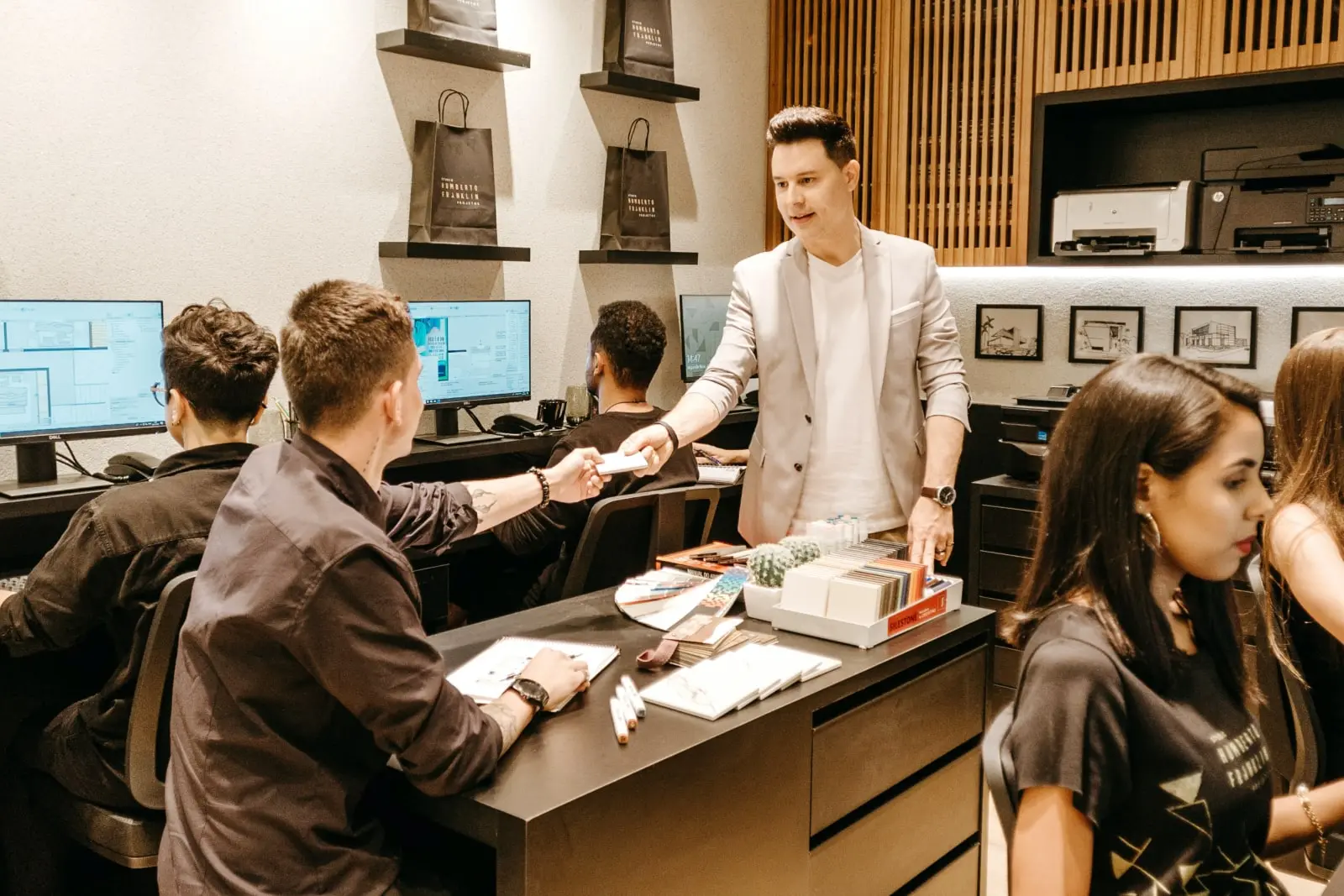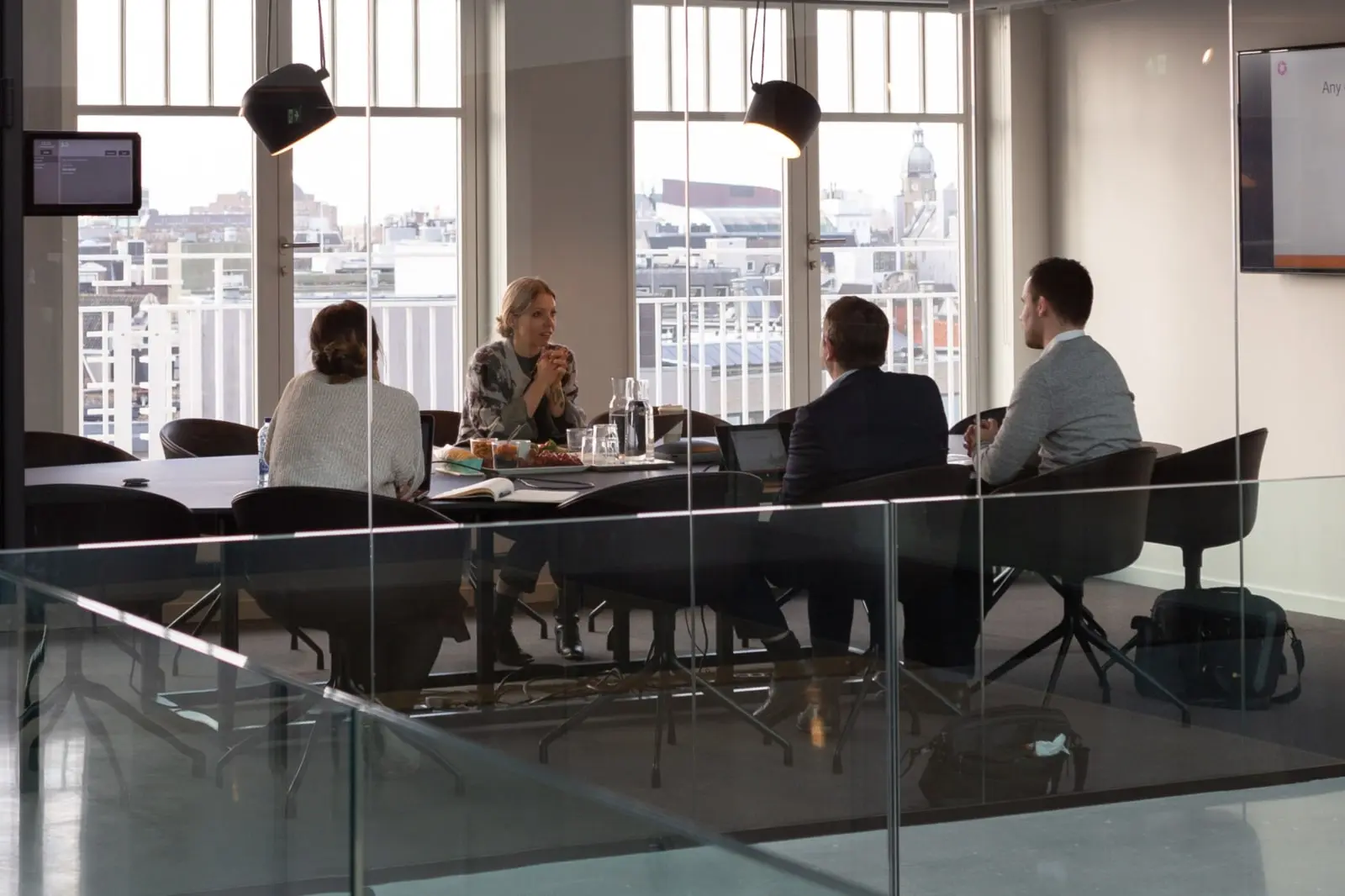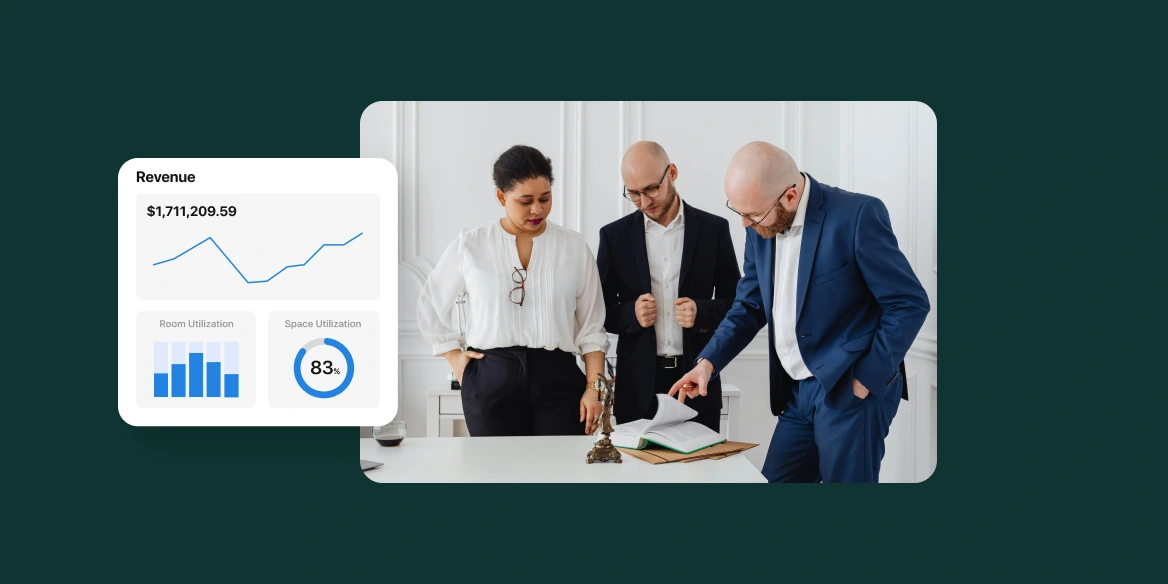A data leak can be catastrophic for a coworking business, leading to mistrust among members and a damaged company reputation. With cybersecurity becoming a growing concern for coworking businesses worldwide, management must find ways to secure customer data and keep it out of the wrong hands.
As a coworking manager, you can significantly reduce the chances of a data leak by implementing security measures and holding frequent staff training sessions.
In this article, we’ll explore the different ways to keep your coworking members’ data safe, thereby maintaining client trust, satisfaction, and retention.
9 tips to keep your coworking members’ data safe
Collecting client data can help you gain a better understanding of your coworking members and their needs. However, you must be mindful of the specific information you collect, ensuring it has a defined purpose and use case.
Holding too much data also gives hackers more information to steal, making your coworking business an ideal target for data breaches and other cyberattacks.
Here are nine tips for keeping your members’ data safe and preventing it from being mishandled.
1. Use trustworthy CRM and coworking management software
All coworking businesses, small and large, should have a CRM system and a coworking management software in place to streamline customer management and marketing operations. A coworking management software allows you to store all customer data centrally, giving you and your staff members quick and easy access to important information. A CRM system allows you to use that customer data to run email marketing campaigns and more, to better target your prospective and current clients.
Coworking businesses have options when it comes to choosing the right CRM and coworking management software, but the most important thing is to go with trustworthy platforms. Since your goal is to keep customer data safe, choose providers that value security above all else.
Reliable providers, such as Optix and SalesForce, have clear privacy policies in place to promote transparency and foster trust among clients. Without a privacy policy, there’s no way to know what a CRM software provider is doing with client data, so it’s imperative to go with a provider you trust.
There is also software for specific industries that allow businesses to manage processes more efficiently and effectively. For instance, many healthcare CRM systems are HIPAA-certified and provide easier patient-provider communication.
2. Train staff on safe CRM software usage
Marketing professionals often need to use customer data within CRM software for email campaigns and social media marketing. However, they’re not the only ones relying on CRM software’s data. Other departments, like sales and customer service, also need access to CRM data for daily tasks.
Since it holds high amounts of sensitive data, businesses should use a CRM system cautiously and train staff members appropriately.
All employees with access to CRM systems should understand the importance of the following:
- Creating secure passwords to minimize the risks of brute force attacks
- Using CRM software on a secure network (never use public Wi-Fi)
- Only using CRM software for its intended purpose – nothing more, nothing less
3. Collect and store only the appropriate data
Not all data is relevant, so it’s your job to decide what information is needed to grow your business and keep coworking members satisfied.
Storing large amounts of data can lead to more stolen information in the event of a cyberattack. With data breaches becoming more common, coworking management and staff should avoid storing unnecessary data that could get stolen and misused.
There are also legal aspects to consider, depending on where your business and coworking members are located. Always follow data protection laws and regulations to avoid legal trouble down the line.
4. Take precautions when sharing data with other departments
From time to time, different coworking departments may need to collaborate using CRM software and the data within it. Sharing data internally allows for better analysis and greater trust between staff members, but security concerns exist.
As a coworking owner or operator, you must educate employees on the importance of carefully sharing sensitive data across departments. Consider implementing an internal data-sharing policy (if you haven’t already). This ensures only the appropriate departments and staff members can take part in data-sharing activities.
5. Implement data access permissions
Only staff members who need customer data to complete their tasks should have access.
Think about the different roles within your coworking business and how many benefit from accessing sensitive information. From there, you can implement the appropriate data access permissions so that only specific team members and departments can use CRM software and other programs containing private data.
6. Hold regular staff training sessions
According to Microsoft security statistics, 85% of Microsoft 365 users experienced email-related data loss. With cyberattacks becoming more prominent in recent years, all coworking businesses should hold regular staff training sessions to ensure team members know what to look out for and how to prevent a data breach.
Training sessions should discuss the following:
- How to spot and deal with phishing emails
- The importance of not sharing passwords
- Consumer data policies and the importance of following them carefully
- The dangers of leaving a computer unattended while logged into company software
- The risks that come with logging into company software on a public network
7. Install antivirus software on all devices
When combined with a firewall and other security implementations, antivirus software is a valuable tool that prevents malicious files and users from getting into your network.
Antivirus Software for Windows
If using a Windows-based laptop or desktop, it usually comes with Microsoft Defender Antivirus already installed, but this generally isn’t sufficient for a business that holds a lot of customer data.
Consider installing third-party antivirus software, such as McAfee, Norton, or Avast, for added security.
Apple products also come with a built-in antivirus software called XProtect. However, it contains gaps that leave Macs vulnerable to malware. Similar to Windows, Mac has some great antivirus software options available, including Bitdefender, Intego, and Clario.
Numerous options are available, so compare your choices and get recommendations from cybersecurity professionals if possible. Many antivirus software companies also offer “multiple device” packages, meaning you can install the antivirus on as many computers as necessary.
All employees should have antivirus software on their work devices, especially if accessing customer data over the internet. Not only will it reduce the chances of customer data being stolen, but it will also prevent spyware and adware from getting onto company computers.
8. Consider routine penetration testing
Penetration testing, also known as pen testing, is an excellent way for businesses to find their security weaknesses and make appropriate changes based on the test results.
While you can hire a professional penetration tester, there are plenty of penetration testing tools you or your IT department can use to find vulnerabilities.
Consider creating a penetration testing schedule that suits your coworking business’ needs. For example, you may want to test whenever you implement new software to ensure everything is up and running securely.
To get the most out of pen testing, schedule a penetration test quarterly or annually, even if you did not add new software.
Whatever the case, penetration testing is an excellent way to get ahead and keep your coworking members’ data as safe as possible.
9. Set up a firewall
Cybercriminals are always looking for pathways into private networks, and one of the best ways to stop them is to install a firewall. All companies that store confidential information should implement a firewall to monitor everything that comes into the network.
For ultimate security (especially if running a large coworking business), consider a stateful firewall, which will log traffic and perform stateful packet inspections. Smaller businesses may prefer a stateless firewall, which is more affordable but requires specific configuration to work appropriately.
Securing your customer data shouldn’t be an afterthought
Customer data is one of the most valuable assets for a business, and they must handle them carefully.
Businesses should use trustworthy CRM software, train staff regularly, install antivirus software, and set up a firewall to ensure coworking members’ data remains safe. Implementing multiple security measures keeps cybercriminals out of your network and keeps customer data as safe as possible.
About the Author:
Holly is a professional freelance writer with a love for all things technology and cybersecurity. Based in Dublin, Ireland, she has written hundreds of pieces across a wide variety of topics, including cloud technology, cybersecurity, business, and lifestyle. Her goal is to provide informative and easily digestible content, allowing readers to gain the knowledge they need for their business and personal endeavors. Outside of writing, Holly enjoys playing the guitar, traveling the world, baking, and keeping up with the latest technology trends.









